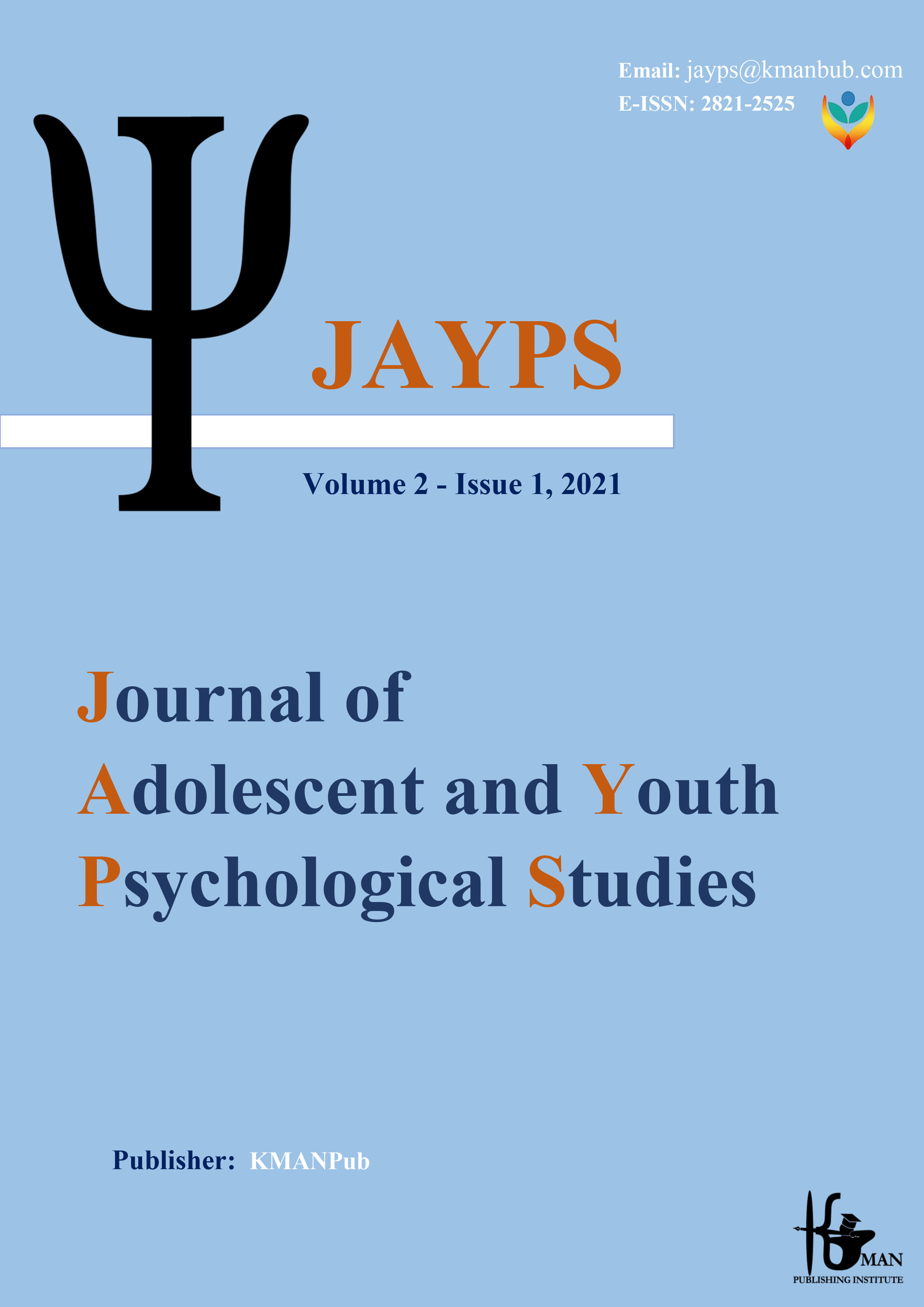Evaluating the Components of Virtual Education in Order to Improve the Learning Quality of the Students of Islamic Azad University of Tehran ProvinceEvaluating the Components of Virtual Education in Order to Improve the Learning Quality of the Students of
Keywords:
Quality of Learning, Virtual Education, Efficiency of EducationAbstract
Background and purpose: The rapid and ever-increasing development and changes of science and technology have led to the formation of different educational methods compared to the past, and every educational organization has changed its methods in accordance with these changes in order to adapt to these rapid and growing changes. In such a situation, a successful educational organization is an organization that updates its ever-increasing knowledge, which requires the implementation of new methods such as virtual education and its application to all courses and students of different levels continuously; Therefore, the aim of the present study was to evaluate the components of virtual education in order to improve the quality of learning of the students of Islamic Azad University of Tehran province; Research method: The current research was based on the objective of the applied type and based on the type of data collected, it was of a mixed type (qualitative-quantitative) and the statistical community included all experts and experts who are knowledgeable and proficient in the subject of research in the field of higher education. Non-random purposeful sampling method was used to determine the samples and determine the experts. The statistical population included the students of Islamic Azad Universities in Tehran province. The staged cluster random sampling method was used to determine the sample, and the sample size was determined using the structural equation method. Two documentary and field methods (exploratory interviews and researcher-made questionnaire) were used to collect data. The method of data analysis in the qualitative part of theoretical coding was derived from the data theorizing method. In the quantitative part, data analysis was done in two parts of descriptive and inferential statistics (confirmatory factor analysis and sample t-test). Results: The results of the factor analysis show the components of virtual education in order to improve the quality of students' learning, including the intention to use, usefulness, efficiency and effectiveness, the role of professors and students, the necessary infrastructure, the culture of virtual education, the intention to continue using, ease of teaching and learning, and reducing were educational expenses. Conclusion: The results showed that according to the average difference, which are positive values, it was concluded that the condition of the identified components was favorable.
Downloads
Downloads
Published
Issue
Section
License

This work is licensed under a Creative Commons Attribution-NonCommercial 4.0 International License.









